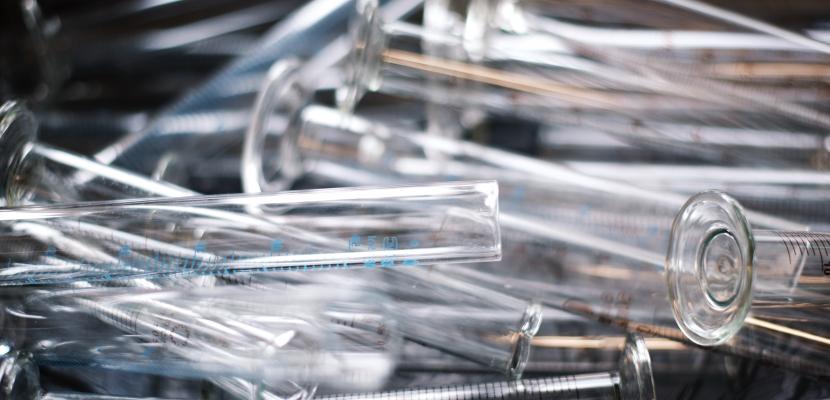
Thematic waste recovery Workshops

About this good practice
This events are focussed on gathering different members of a value chain sector companies, researchers and technology suppliers, to analyse innovative possibilities in the use of waste.
These workshops are based on sectoral reports prepared specificly for the event by researchers from the University or Research centers where new alternatives for using by-products are identified. Main topics of the report are:
- Scientific-technological possibilities offered by specific sector by-products.
- Regulatory framework for the generation of new activities, the process and the product.
- Processes for obtaining new products.
The Thematic waste recovery workshops aim to present new opportunities related to the investment in R & D & I for the valorisation of by-products generated in an specific sector, as well as to discuss different alternatives related to possible business models identified, with the with the ultimate goal of obtaining higher value-added products for the industry, reducing management costs of these by-products and improving the competitiveness of the sector.
So far, different thematic workshops have been carried out, we can highligh the success for sectors such as water, meat or hazardous waste.
These workshops are organised once a year.
Expert opinion
With the EU’s commitment to achieving carbon neutrality by 2050 and fostering a circular economy, addressing waste is crucial to reducing environmental impacts, conserving resources, and lowering greenhouse gas emissions. In 2020, the EU-27 countries generated approximately 2.5 billion tons of waste. The largest contributors to waste generation in the EU include the construction and demolition sector, the mining industry, and the household sector. Valorisation of by-products is an essential aspect of sustainable production and consumption, allowing industries to extract value from materials that would otherwise be wasted. By implementing innovative technologies and strategies, businesses can reduce their environmental impact, create new economic opportunities, and contribute to a more sustainable circular economy.
Resources needed
- Preparation of the scientific report / input study about the possibilities of use specific by-products depending on the sector
- Preparation of the market analysis and business model for by-product
Evidence of success
Potential for learning or transfer
Further information
Website
Good practice owner
You can contact the good practice owner below for more detailed information.
FUNDECYT PCTEX

